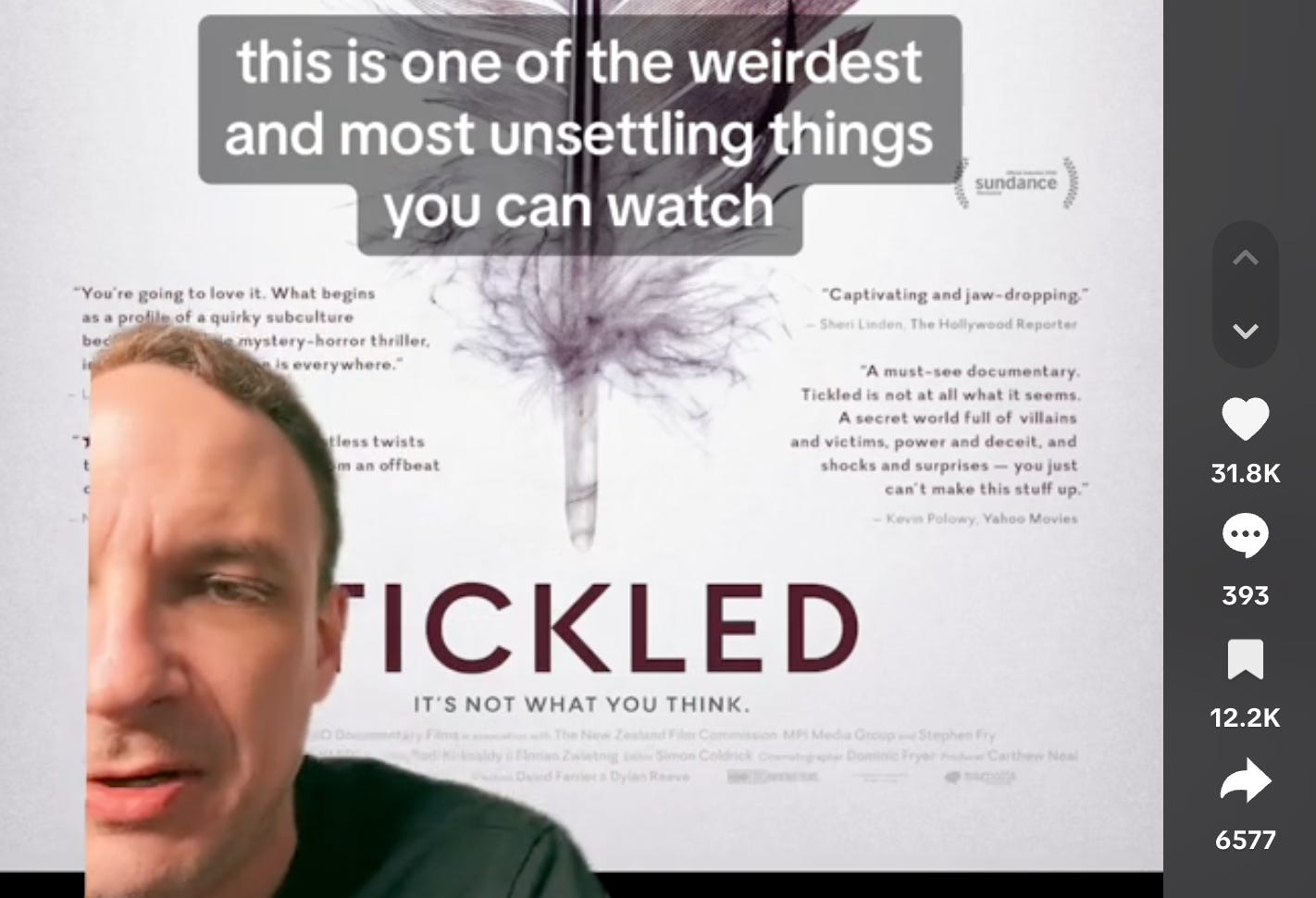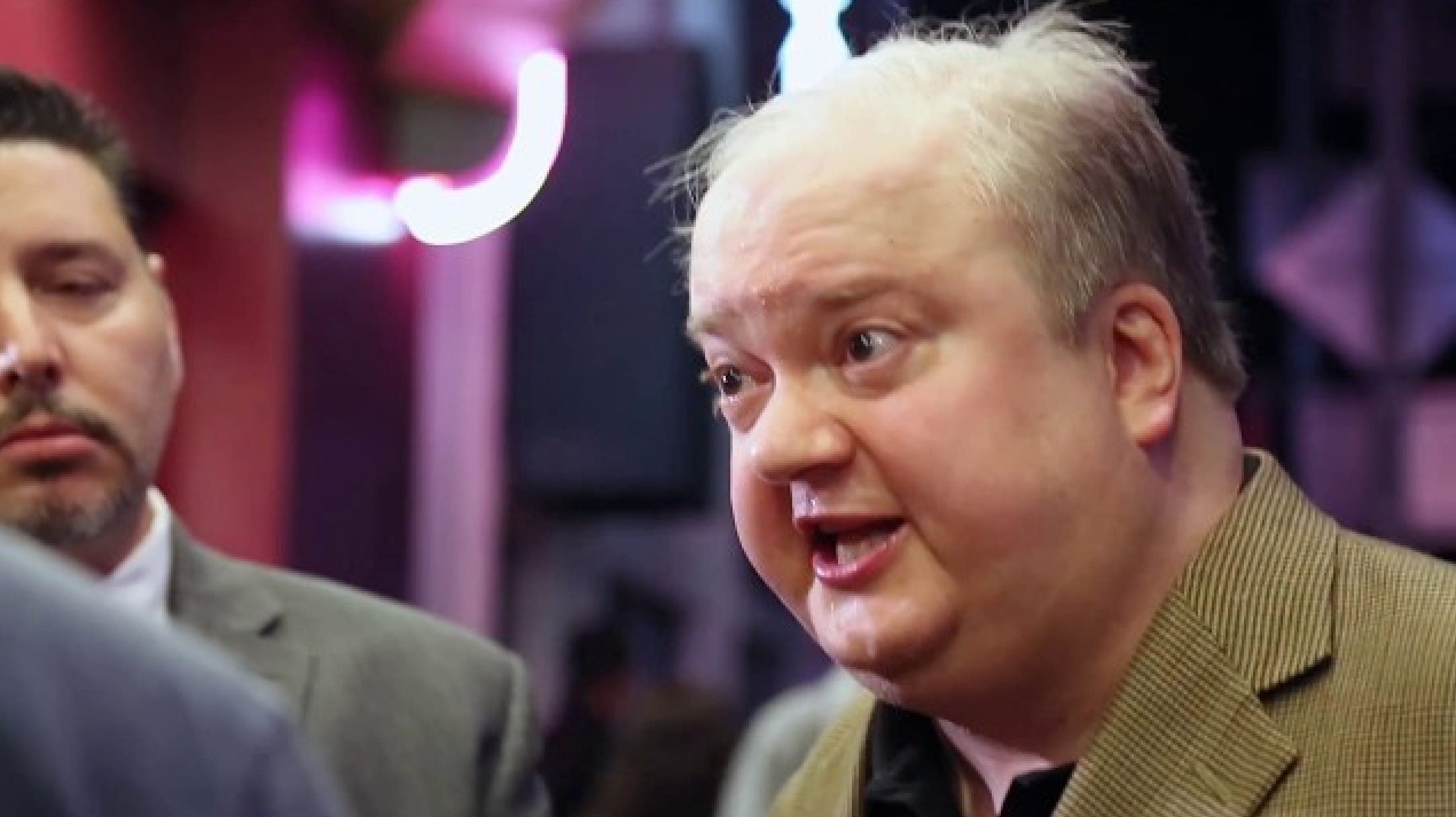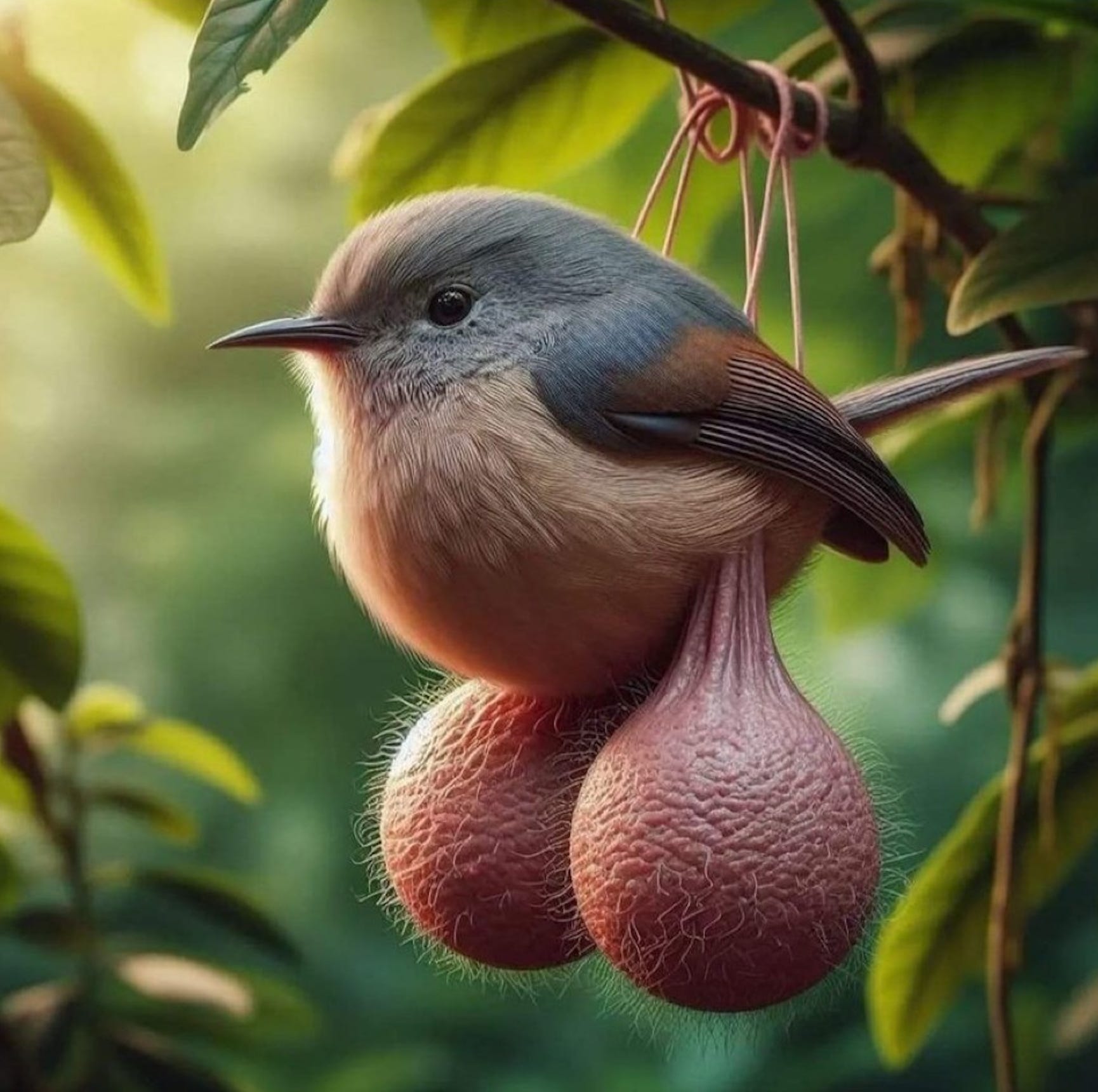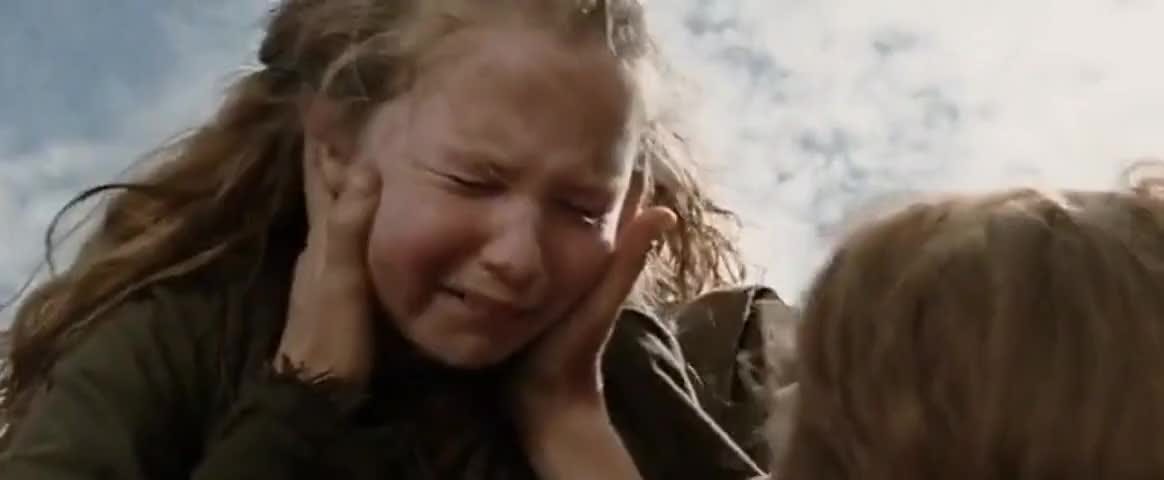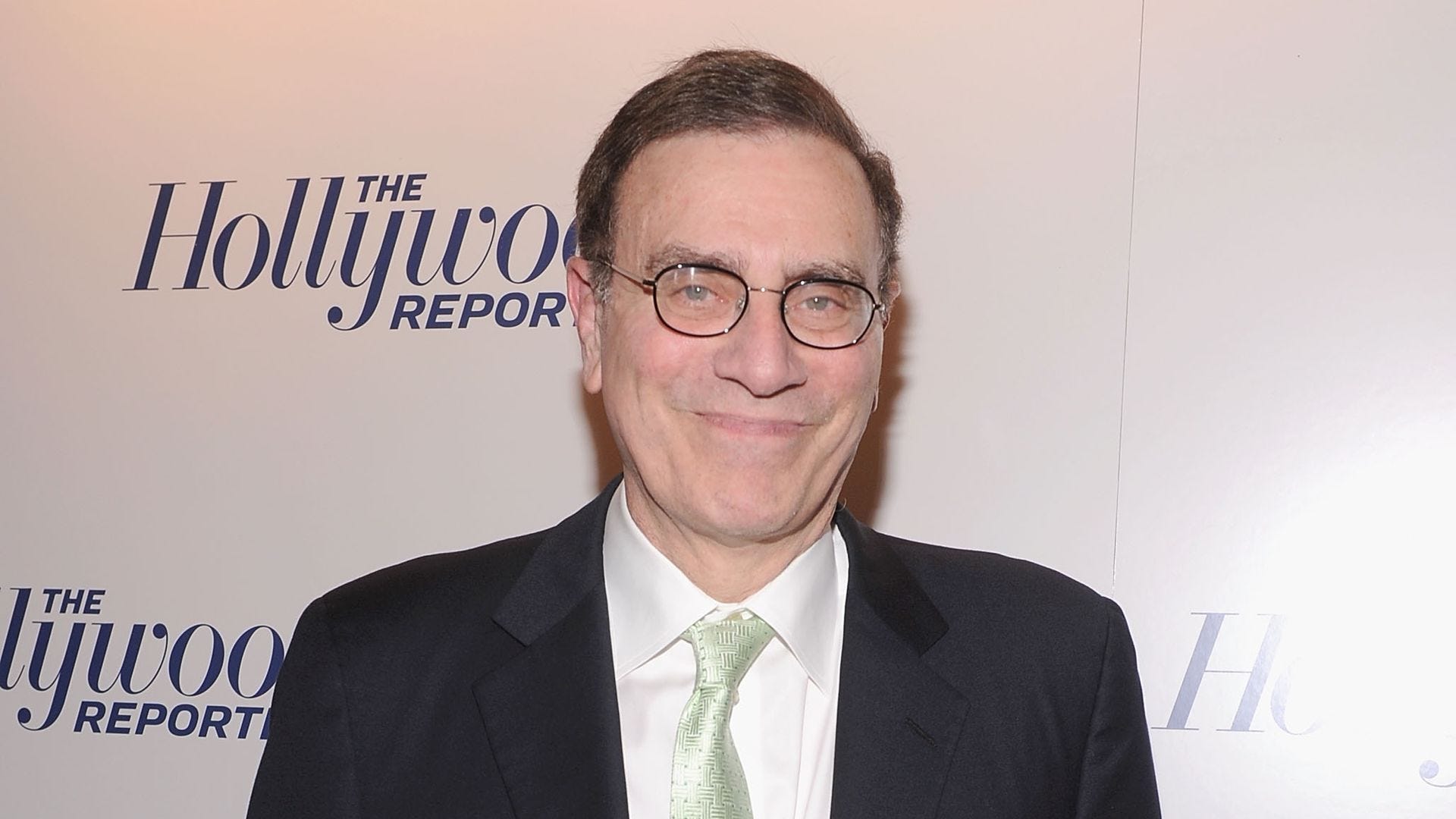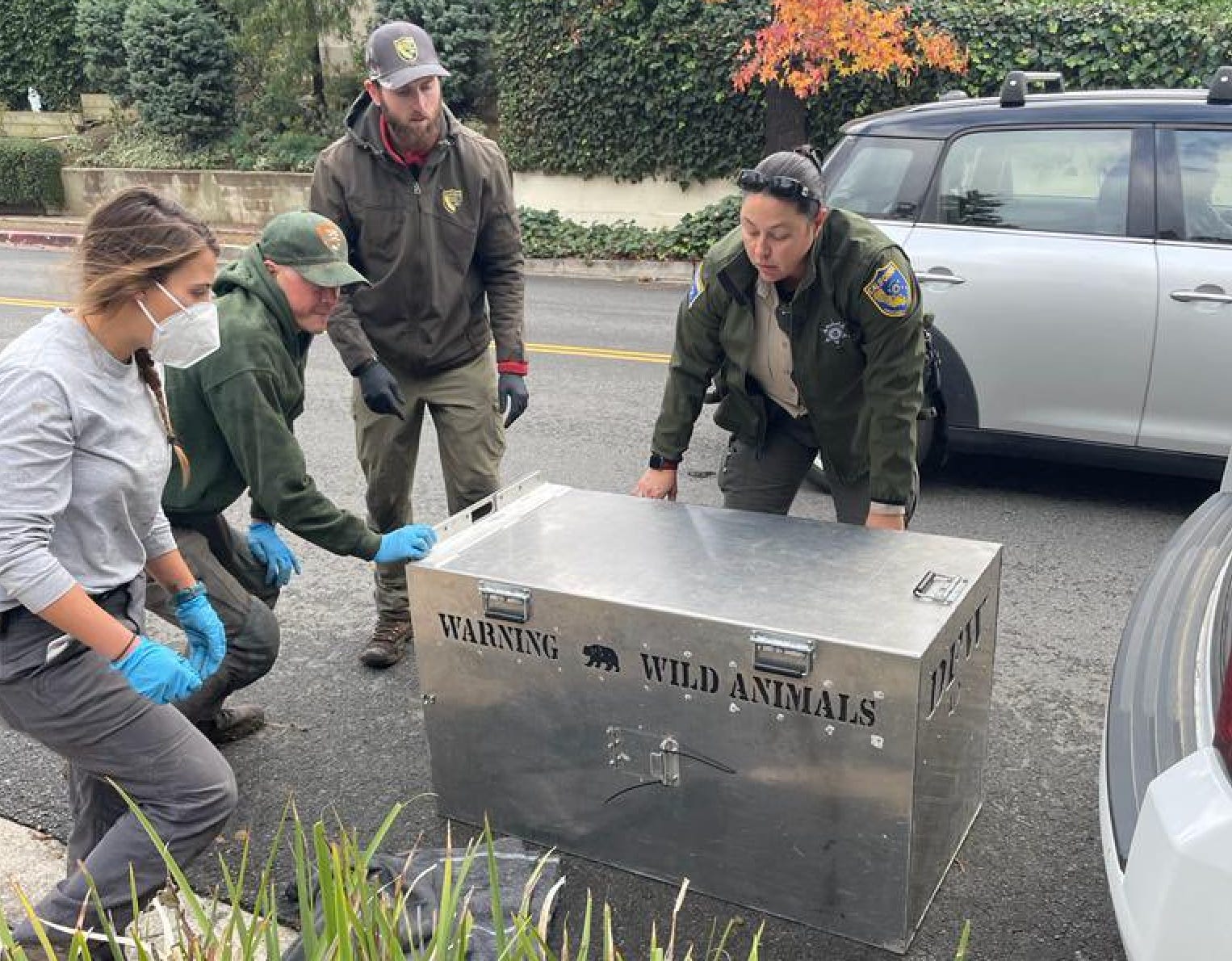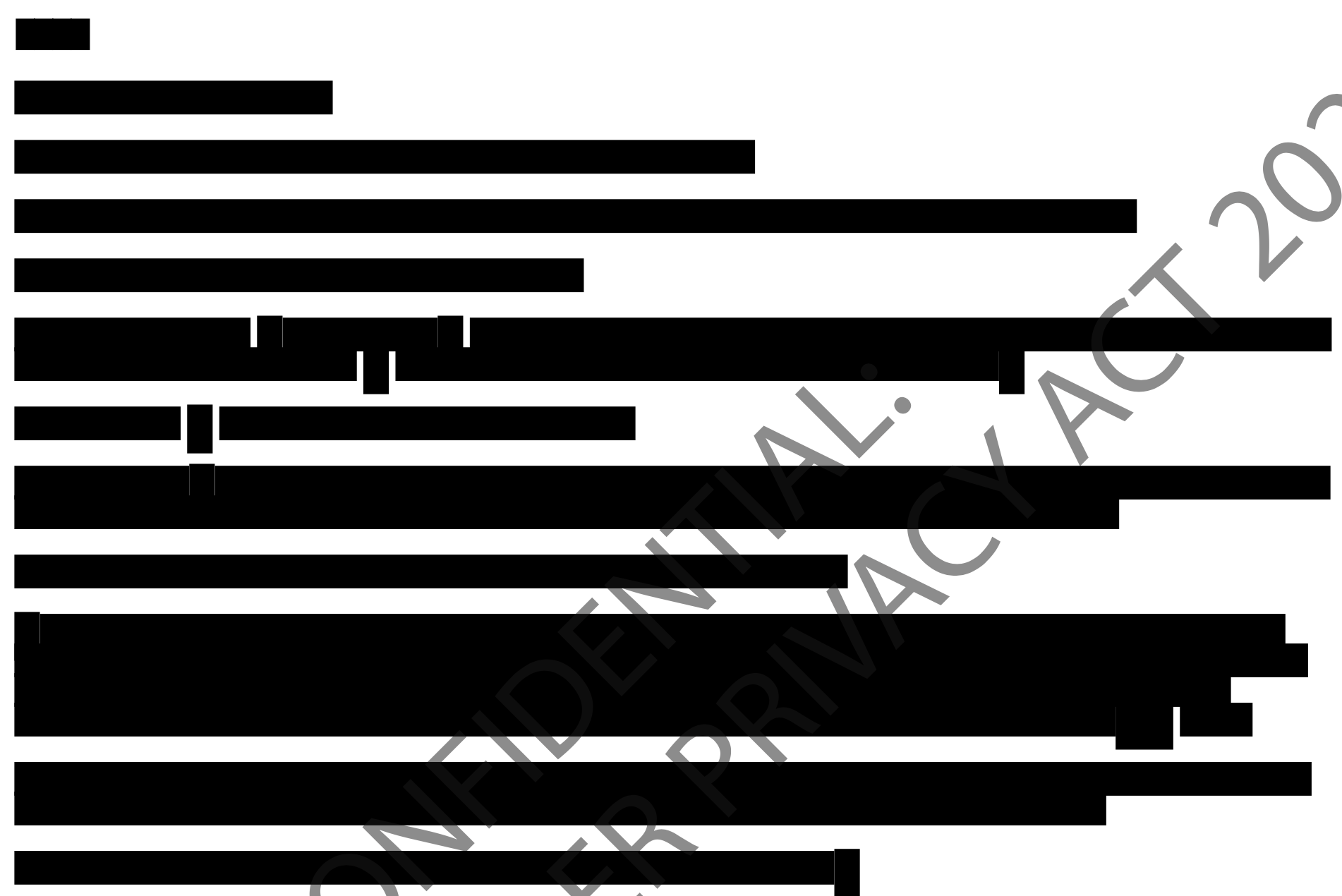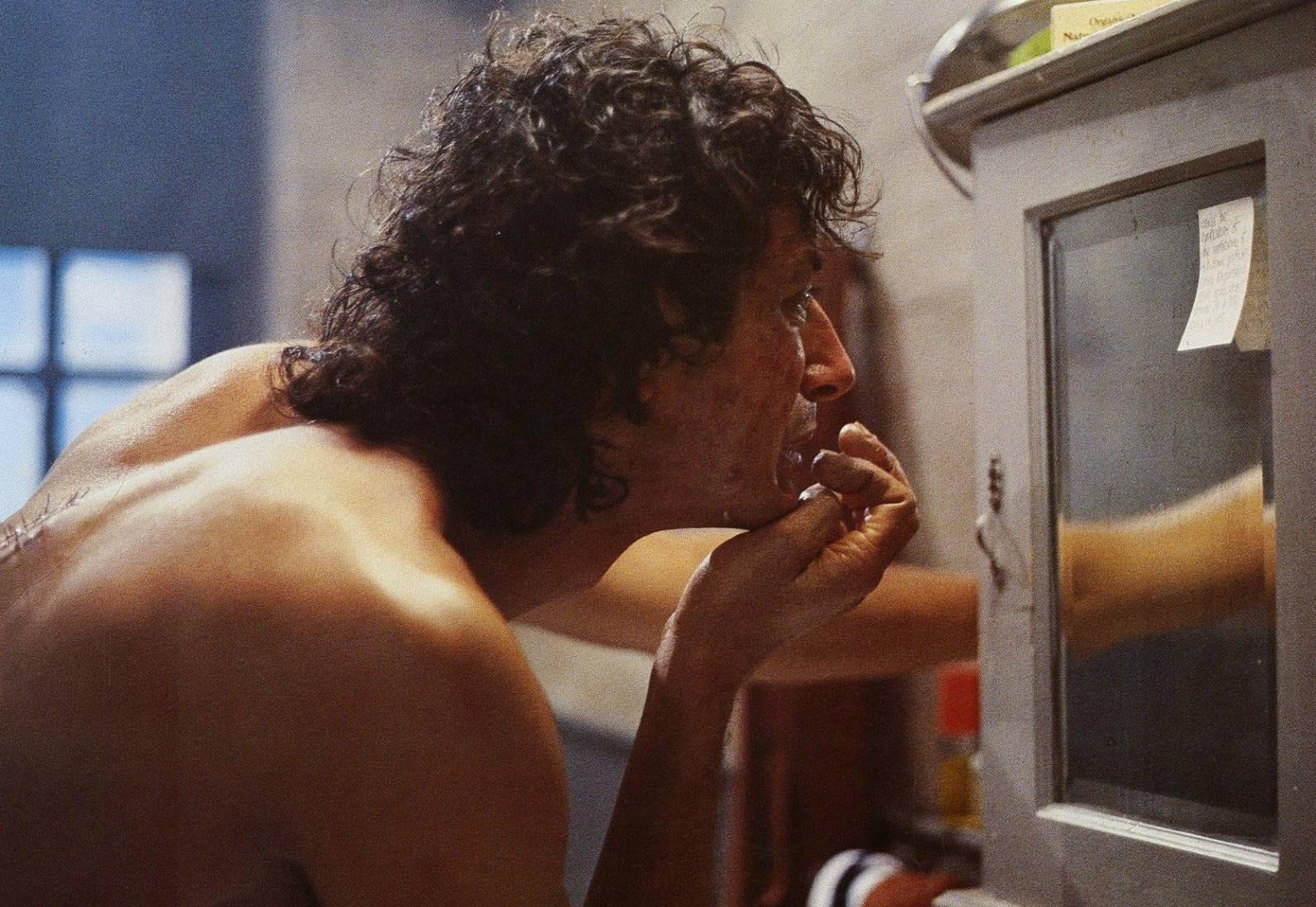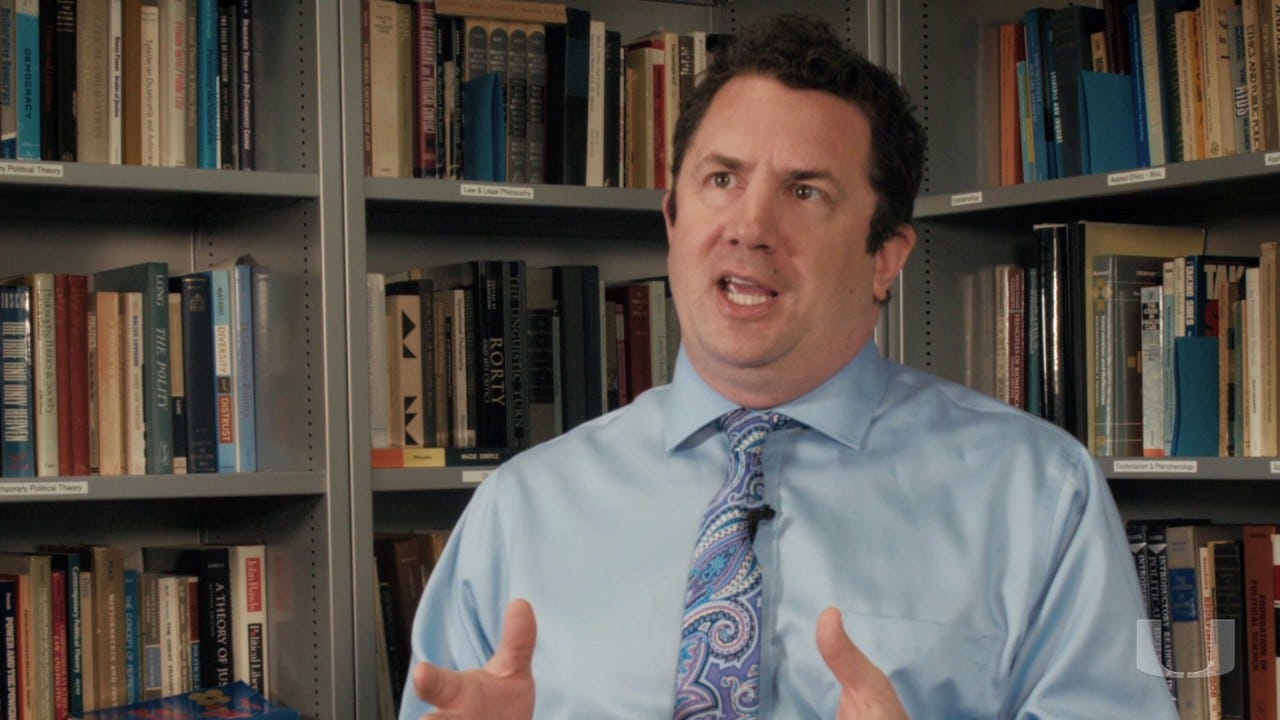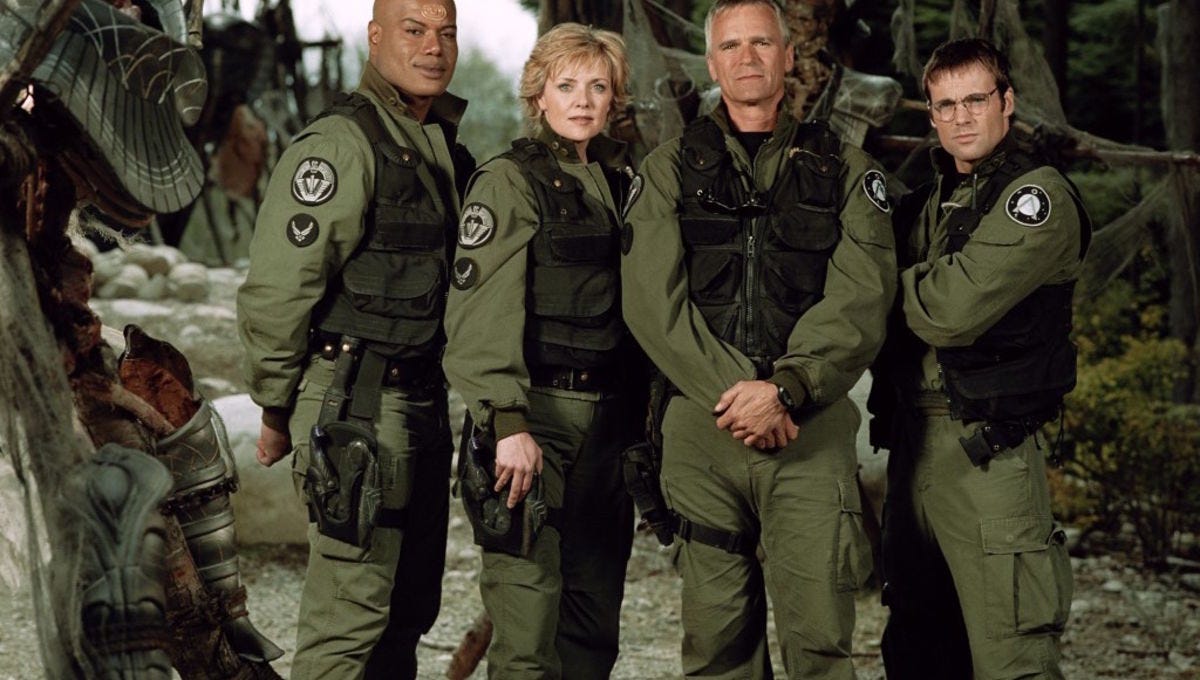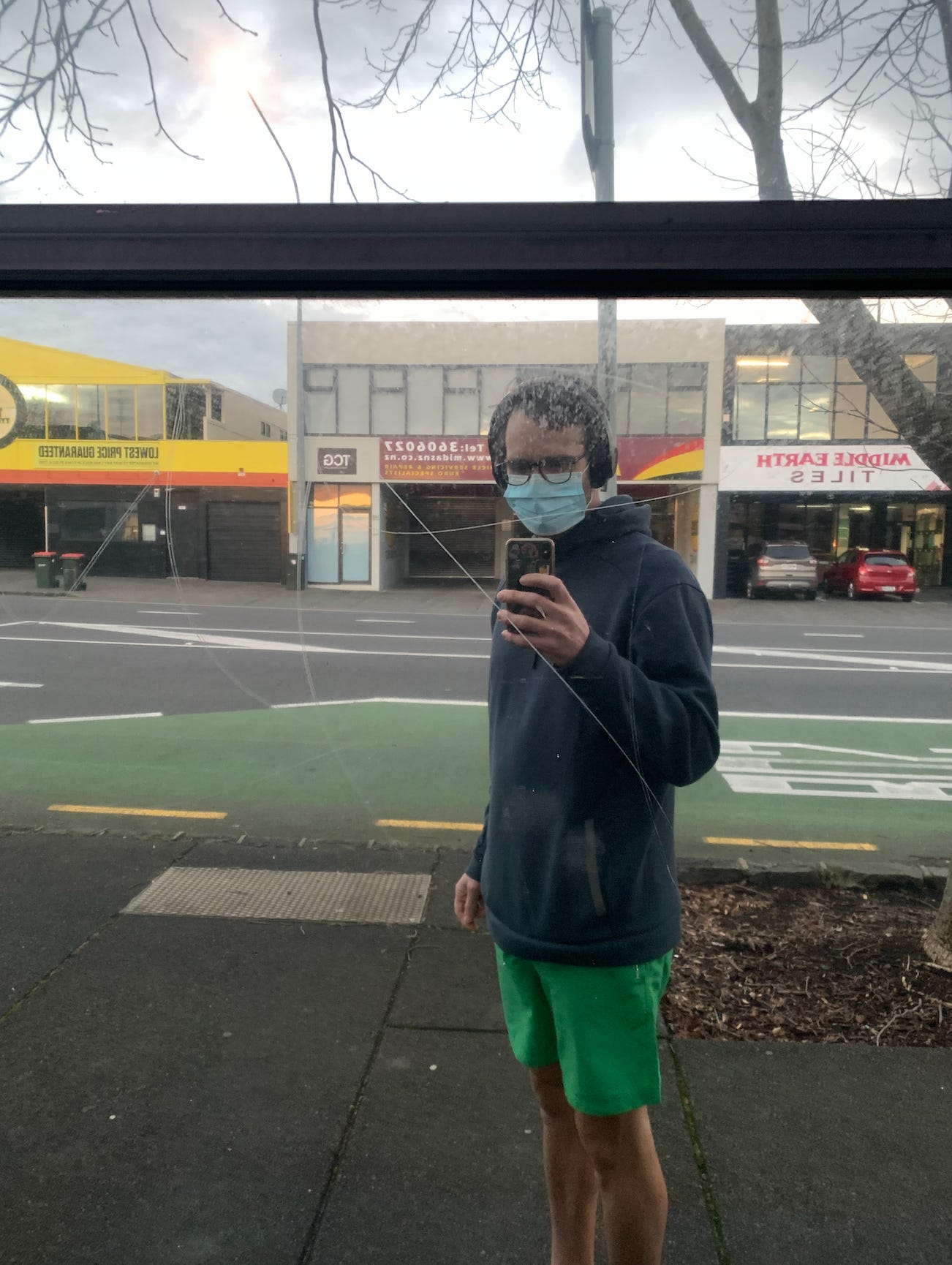Episode 6: Imprisoned in a system that won’t let us act
Description
Hi,
I had my first surfing lesson this month. I wasn’t very good.
It started off okay: I was pretty good at paddling, and smashing through some (tiny) waves to get out. I managed to keep by surf board straight, and I could up sit up and turn around pretty quickly. I could even paddle and catch a wave.
The problem was standing up. How in God’s name are you meant to stand up? What, you’re meant to go from this wonderful lying down position to magically standing and balancing while a wave threatens to smash down around you?
In other news I had a great time and got a very chafed pink belly. It was some escapism from a month that seemed doomed. The Delta variant has been making its presence known. US hospitals are stretched. Nine Inch Nails cancelled all their shows that I was looking forward to seeing (wise), and New Zealand has gone into a nationwide lockdown (also wise).
And in the midst of this, the UN’s “Intergovernmental Panel on Climate Change” released a new report that felt like a swift punch to the face. Their reports are usually sobering reading, but this one was horrifying. A “code red for humanity” is how UN Secretary-General António Guterres put it.
The climate right now is warmer than it has been in about 125,000 years. And it’s just going to keep getting worse with more droughts, wildfires and floods. We aren’t on target to stop something that now seems all but inevitable.
All this was running through my head as I walked to the beach, preparing to be pummelled on my board. The sun was unrelenting, and the literal cliff to my left was a fitting metaphor for humanity’s approach to the crisis we all face.
And the question running through all of our heads? “What the fuck can we do about it?”
When it comes to talk of the environment, many of us are trying to do out bit. We throw our recycling in the right bin, we use those re-usable bags at the supermarkets, and maybe we try and walk to the shops instead of drive.
All the things we’ve being told will help save the planet. But we’re not making a lick of difference. It’s futile, apart from making us feel good about ourselves. We are — as today’s guest Joshua Drummond writes — being denied climate agency. Because we’re trapped in a system that makes it utterly impossible to make a difference.
Josh has written for Webworm before, about what QAnon has in common with Evangelical Christianity. That piece seems relevant again this week, as City Impact Church held a “special meeting” for the pastor to spread anti-vaxx messaging in New Zealand.
But today, Josh writes about our total lack climate agency and how that makes us feel utterly unhinged. He also offers some ideas about what we can do. It’s a great essay, and I’m so glad to leave it with you for weekend reading. Or listening, in its podcast form.
David.
If you want more Webworm and to support the work I do here, you can become a monthly or yearly paying member. Only consider doing this if it doesn’t cause you any financial hardship!
Imprisoned in a System That Won’t Let Us Act Sanely.
an essay by Joshua Drummond
I jumped off a cliff once. Everyone else was doing it.
It was at Northland waterfall, and I was about 17. The place was a popular swimming hole and there were quite a few spots my mates and I would jump off and do bombs, but there’s one particular bit where — if you get enough of a run-up — you can clear the cliffside and plummet a height even greater than the falls.
My mates and I worked up to it. I didn’t go first; I’ve never been great with heights, but I wanted to prove myself. Plus, I have an innate practical streak that wants to see if someone else is going to get impaled before I jump into murky water myself.
They jumped, they didn’t die, it was my turn. I jumped too.
I didn’t regret it immediately; that came about a tenth of a second in, when gravity grabbed my guts in an unclenching fist and squeezed and twisted and pulled down. It was a visceral lesson; the laws of physics are a pantheon of terrible gods. They’re the authority by which cause and effect abide, and they don’t care about you.
I’d fucked with the great god gravity, and this was the “finding out” phase.
This month started with a similar set of sensations. A lurch in my stomach, a sudden, dizzying rush of anxiety. The same sense of inevitability, of being at the mercy of a caused effect. I know the feeling well, now. I get it every time a new major climate change report is released.
The IPCC has just released their Sixth Assessment Report, which draws a conclusion that will leave few surprised; climate change is real, it’s happening now, it’s getting worse, and it will get much worse if it’s not stopped.
Importantly, the report takes pains to underscore the fact that there is much we can and should do to stop warming, but that ray of hope is not what brings the feeling of falling off a cliff, the sensation as inevitability sets in and gravity grabs at your guts, pulling and twisting.
The problem isn’t the fall: it’s that we’re currently doing very little to break it.
It’s as if (to work the cliff-jump metaphor some more) we’re in free fall and the pool’s dry, but if we’re really quick we can fill it so the fall won’t kill us or even hurt too much — but the controls for the emergency sluice-gates are kept by a very small and very rich group of people who are all saying “nah, saving you would cost us too much. We’re opting for splat.”
We know exactly what’s wrong with the climate: there’s an excess of greenhouse gas in the atmosphere and it’s causing the planet to heat up. We’re clear on the cause: human activity has done nearly all of it.
We know the solution: swap out carbon-emitting technology, and work to draw down the excess carbon we’ve emitted.
So, with the problems and solutions clear for decades, what’s being done by the engines of the economy, the leaders, and the gatekeepers: business and the government? Not nearly enough.
This isn’t a sane response to an emergency. It’s inhuman. Humans are, for the most part, practical and altruistic. We are brilliant, astonishing creatures. We might be bound by gravity, but we can still fly. The essence of humanity is bound up in working together to solve problems.
That’s what makes climate change so maddening. When I say to myself, as any sane person would, “what are we doing?” and “how can I help?” the answers keep coming back, “not enough” and “you can’t.” That’s not how humans work. Being shown a problem and not being able to fix it drives us mad.
Anyone who understands the reality of climate change — of the necessity of action — is burning to act. Everyone wants to help, to work, to do. But we’re imprisoned in a system that won’t let us act sanely. We are being denied climate agency.
We’re stuck in a system we didn’t opt for, a system built for us without due care by those that benefit from pillaging the future, a system that we are frequently told is “too expensive” to change. In the media, articles about climate change mitigation measures frequently come — absurdly — with a cost-benefit analysis. “Not contributing to cooking an entire planet” is seldom listed as a benefit.
Often, taking the individual actions we are told will help ease the crisis is too expensive. Unless you’re rich, in the global scheme of things — you can’t afford an EV. Unless you’re wealthy, in terms of either time or money, you can’t afford to go waste-free, or turn your backyard into a garden, or even buy food that’s free of exploitative farming practices. Ethical behaviour has been monetised: if you want a clear conscience, you’ll have to pay for it. Even the term “carbon footprint,” now ubiquitous and synonymous with taking individual action on climate change, is compromised: it was created and propagated by (wait for it) BP, in one of the most cynical (and effective) marketing campaigns of all time.
Unable even to take the drop-in-a-bucket actions that might soothe our consciences — if not actually make a meaningful contribution — the vast majority of us have to live madly, amongst madness. To drive madness, to eat and drink madness.
Many simple acts of daily life are poisoned with guilt over the knowledge that not only are you not helping, you are making things worse. An omnipresent, invisible chorus of judgement screams at you for decisions you can’t help making, because our systems don’t allow any other choice.
Driving? Guilty! Eating meat? Guilty! Got milk? Guilty! Got plant milk in a plastic bottle? Guilty! No wonder people embrace climate change denial, clutching it like a lifesaver. They’re just trying to stay sane.
In a sane world, we’d be pivoting hard — or have pivoted long ago — having never debated whether having a liveable biosphere is good for


